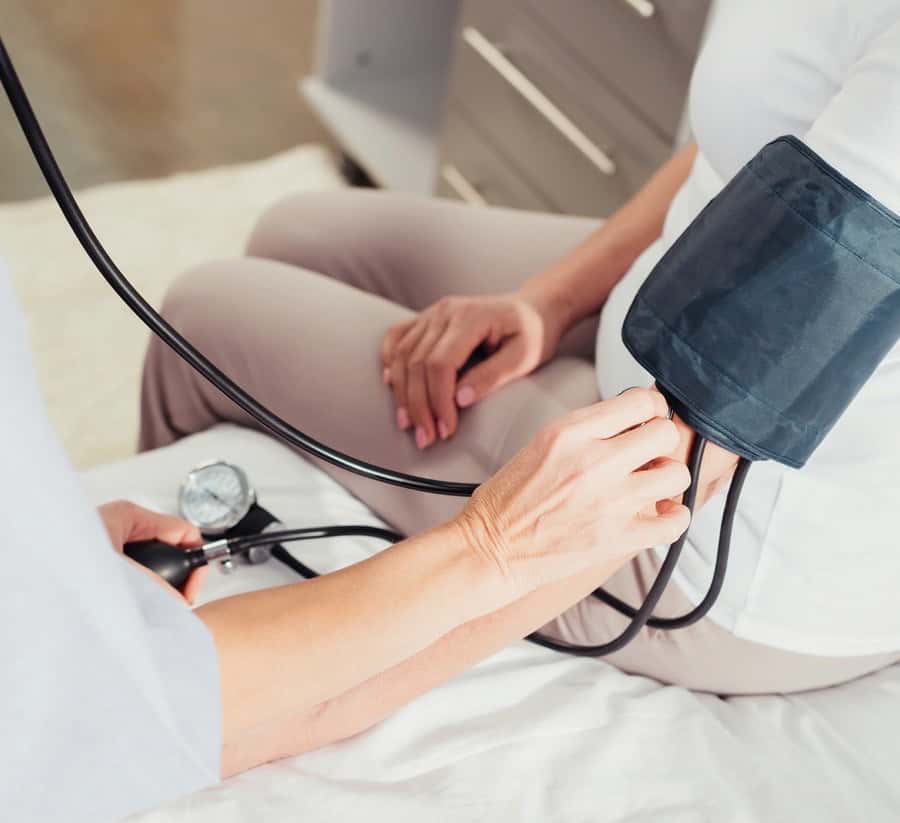
Blood pressure medications are supposed to lower blood pressure. Some, however, also lower certain crucial minerals. What happens when a water pill makes potassium way too low? This can be a life-threatening emergency.
Diuretic Dropped Potassium Way Too Low:
Q. I had a bad reaction to my blood pressure medicines, amlodipine and chlorthalidone. I saw my PCP at the end of 2022 for a routine checkup and bloodwork. At that time, I asked about my potassium level, as I know certain blood pressure medications can deplete it. She said it was “low normal” and told me to eat an extra banana.
Jump forward to February 2023. I started feeling ill; my heart was racing, and I had numbness in my hands and felt like I might pass out. I thought I was having a heart attack, so my husband took me to urgent care.
They did not find anything but sent me to the emergency department. After more EKGs and lab tests, a doctor finally told me that my potassium level had dropped dangerously low. They gave me two intravenous potassium drips.
After a night in the hospital for observation, they let me go home with instructions to quit taking the chlorthalidone. I’m glad I survived, but doctors should be more aware of the side effects of medications they prescribe.
Consequences of Low Potassium Levels:
A. Low potassium levels can trigger life-threatening heart rhythm changes. Other symptoms include confusion and weakness as well as numbness or tingling and muscle spasms or cramps. Constipation, frequent urination and thirst may also occur.
Diuretics like chlorthalidone or hydrochlorothiazide can deplete the body of potassium, magnesium and even sodium. (We’ve written about low sodium here.) Chlorthalidone is more than twice as likely as hydrochlorothiazide to lead to hypokalemia (JAMA Internal Medicine, April 1, 2020).
Perhaps your doctor was not paying close enough attention to this possibility. The advice to eat an extra banana might not counteract a potentially dangerous potassium imbalance. With potassium way too low, diet is often inadequate. Moreover, many foods are richer in potassium than bananas.
In your case, amlodipine was an innocent bystander. You were smart to identify both medications you were taking to determine which might have been causing the problem.
Learn More:
You can learn more about blood pressure medicines in our eGuide to Blood Pressure Solutions. In it we discuss a range of drugs, including potassium-sparing diuretics and drugs like lisinopril. These may sometimes lead to the opposite problem of too much potassium in the system. That can be just as serious.
You might wish to listen to our podcast on nondrug treatment of hypertension. It is Show 1134: Can You Control Your Blood Pressure Without Drugs?
Citations
- Hripcsak G et al, "Comparison of cardiovascular and safety outcomes of chlorthalidone vs hydrochlorothiazide to treat hypertension." JAMA Internal Medicine, April 1, 2020. DOI: 10.1001/jamainternmed.2019.7454

